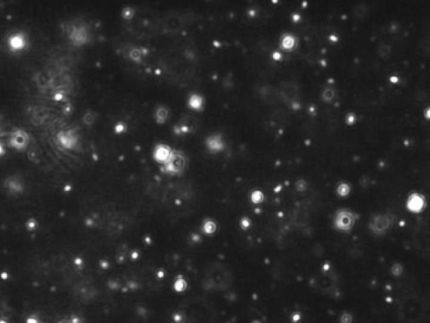Gene called flower missing link in vesicle uptake in neurons
Advertisement
As part of the intricate ballet of synaptic transmission from one neuron to the next, tiny vesicles travel to the tip of neurons (synapses), where they fuse with the cell's membrane (a process called exocytosis). The extra membrane is then captured in a process called endocytosis and recycled to form a new vesicle to enable the next cycle of release. Most important, exocytosis must be tightly coupled with endocytosis to sustain rapid neurotransmission, said researchers from Baylor College of medicine in a report in Cell .
Calcium influx into the synapses through tiny pores or channels in the membrane initiates the release of vesicles via exocytosis. Since neurons can fire impulses as frequently as 500 times a second, the calcium that flows into the synapses must be removed very rapidly to keep the process going.
After exocytosis, the vesicle membranes must be retrieved, and this process is also stimulated by an increase in calcium in the synapses, but the channel that mediates this influx was unknown until Dr. Hugo Bellen, a professor of molecular and human genetics at BCM, and his colleagues identified it in an elegant series of experiments. Interestingly, this channel is present in the vesicles. Hence, the vesicles carry the means to activate their own re-uptake in the form of a protein that functions as a calcium channel.
A genetic screen identified a novel gene called flower, and Chi-Kuang Yao, a postdoctoral fellow in Bellen's laboratory, mapped the gene and showed that the corresponding protein is present in the membrane of synaptic vesicles. He then showed that fruit flies lacking this gene were less able to endocytose vesicles.
Direct experiments involved purifying the Flower protein, putting it into liposomes or artificial vesicles and showing that several copies of the protein can aggregate together and form a channel in membranes. When calcium was introduced into this system, it could enter the vesicle, showing that the protein allows calcium entry.
"The vesicle carries its own channel to promote endocytosis," said Bellen. "It is a simple regulatory system. The mechanism links exocytosis and endocytosis."
























































